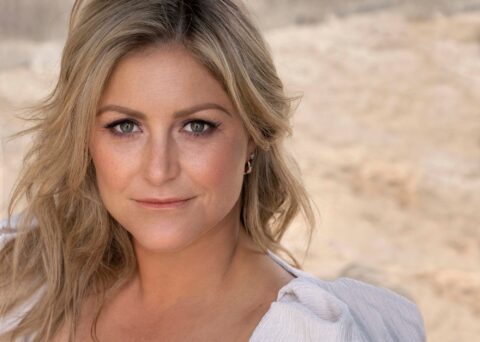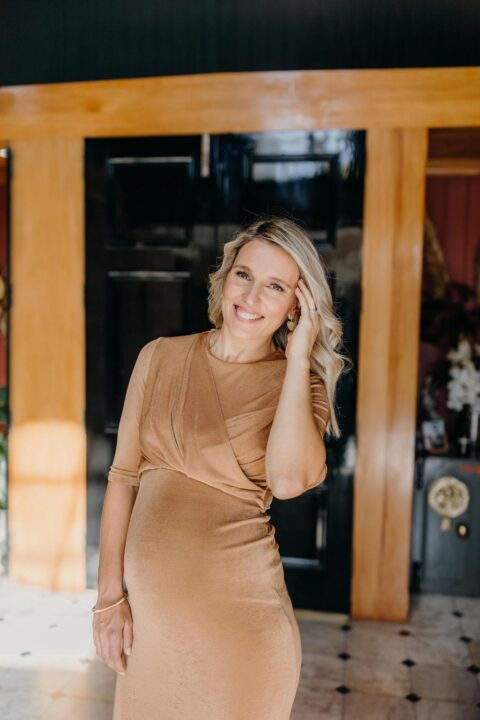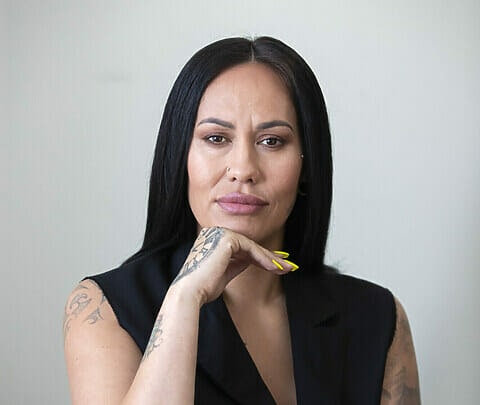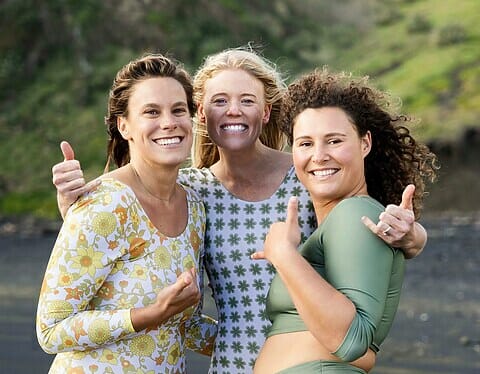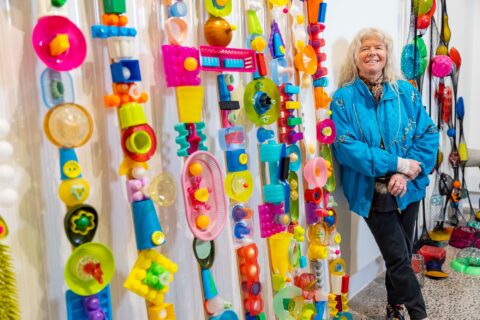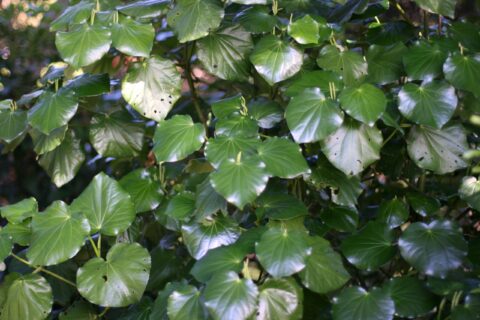From bamboo toothbrushes to reusable bags, Helen Townsend’s company The Rubbish Whisperer is reducing marine pollution with plastic alternatives.
It was 2007 and Helen Townsend was in an Edinburgh supermarket, horrified by the amount of plastic packaging.
The ecological researcher had moved to Scotland for a six-year OE, having landed a job working for Edinburgh’s Royal Botanic Gardens. “I was digitising plant specimens to make them more accessible to botanists,” she explains. That included spending six months in Nepal, where Helen’s environmental horror went into overdrive.
“There was so much rubbish everywhere in Nepal,” Helen, 40, recalls. “I was appalled.”
They were images she couldn’t get out of her head so when the mother of Emma, 10, eventually returned to Christchurch, she was primed to do something about it.
“We produce so much more rubbish in New Zealand, but we don’t see it piled up on the roadside like in Nepal because here someone comes to pick it up; because it’s out of sight, we think we can carrying on buying and throwing out stuff.”
In 2013, Helen started The Rubbish Whisperer, a company aimed at providing alternatives to single-use plastic to reduce marine pollution. Today the company runs 19 product lines, many of which are Kiwi made, from bamboo toothbrushes to reusable produce bags.
“Eight million tonnes of plastic ends up in the ocean every year and I didn’t want to add to that,” says Helen, who crunched the numbers and realised that over the lifetime of her reusable produce bags, she could save something like 45 million plastic bags.
“Of course, everyone now uses reusable shopping bags, but back in 2013 it was still pretty unusual.”
Somewhat of a pioneer in this space, Helen believes she was the first to introduce paper straws to New Zealand, travelling around the country to knock on café doors.
“I had lots of feedback from cafés that because of switching to paper straws, they had changed their entire waste system.”
For Helen, green has always been more than just a colour on a paint chart. She grew up in Te Puke with beekeeper parents who were members of Forest and Bird as well as Greenpeace. “My brother and I joined the Kiwi Conservation Club and were raised to respect the earth.”
But these days, with greater awareness of alternatives to single-use plastic, isn’t Helen doing herself out of a job?
“Yes, but that’s my ultimate goal! Sadly, we’re still a long way off. We need systemic change to make it practical to not use plastic, so if New Zealand could move towards a more circular economy and if companies could stop greenwashing, then we could get there.”
We’re still a long way off. We need systemic change to make it practical to not use plastic
Helen has recently expanded her environmental reach, consulting to businesses to help them communicate their sustainable work. She also recorded a podcast, So Circular, aimed at showing the circular economy in action.
Systemic change is a drum she’s been beating lately, and with good reason.
“It’s about individuals helping to move the needle, to make submissions to government and join groups to provide pressure. Because recycling isn’t going to save us. What will save us is for companies to change and for legislation to provide a circular economy.”


